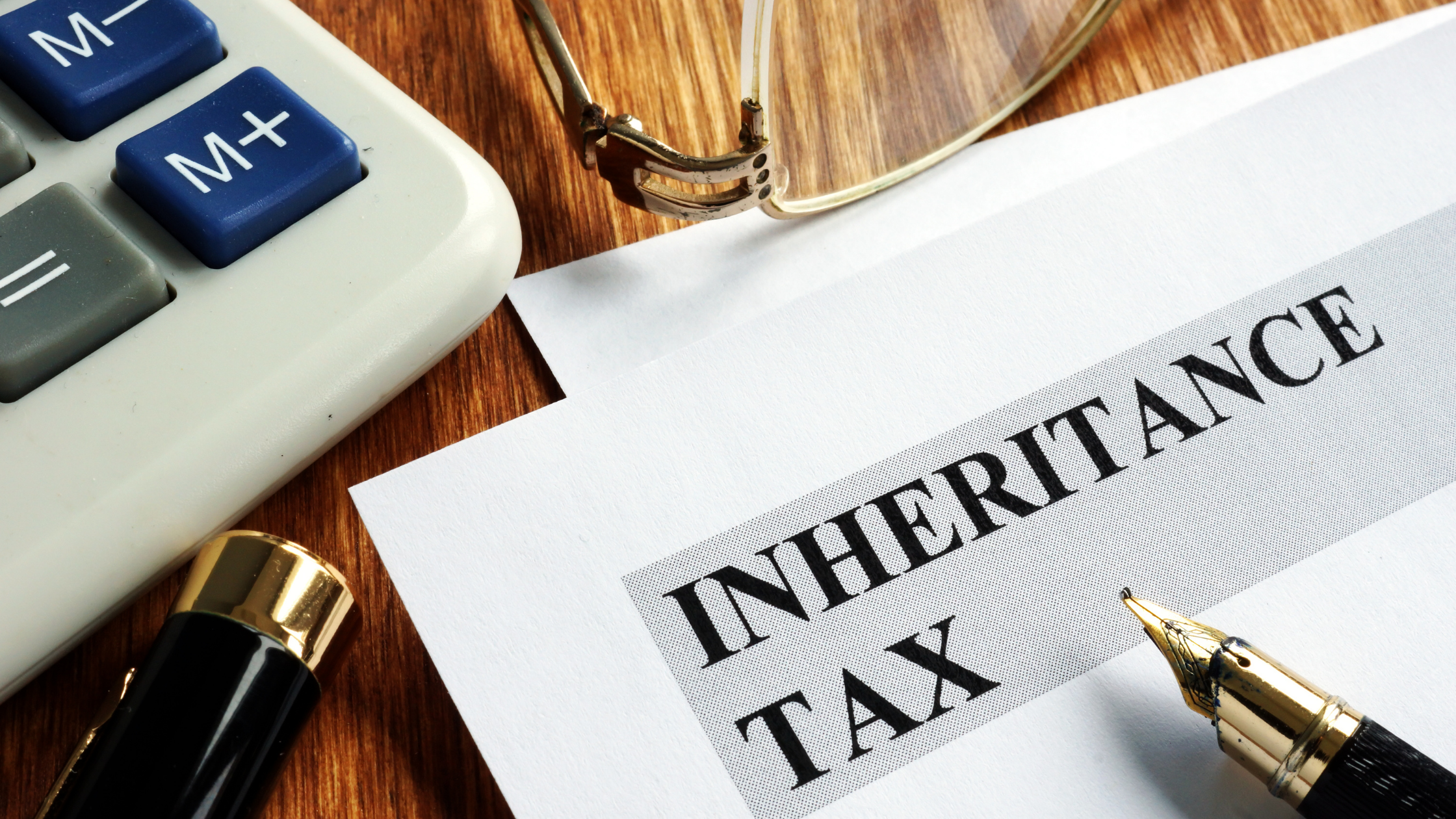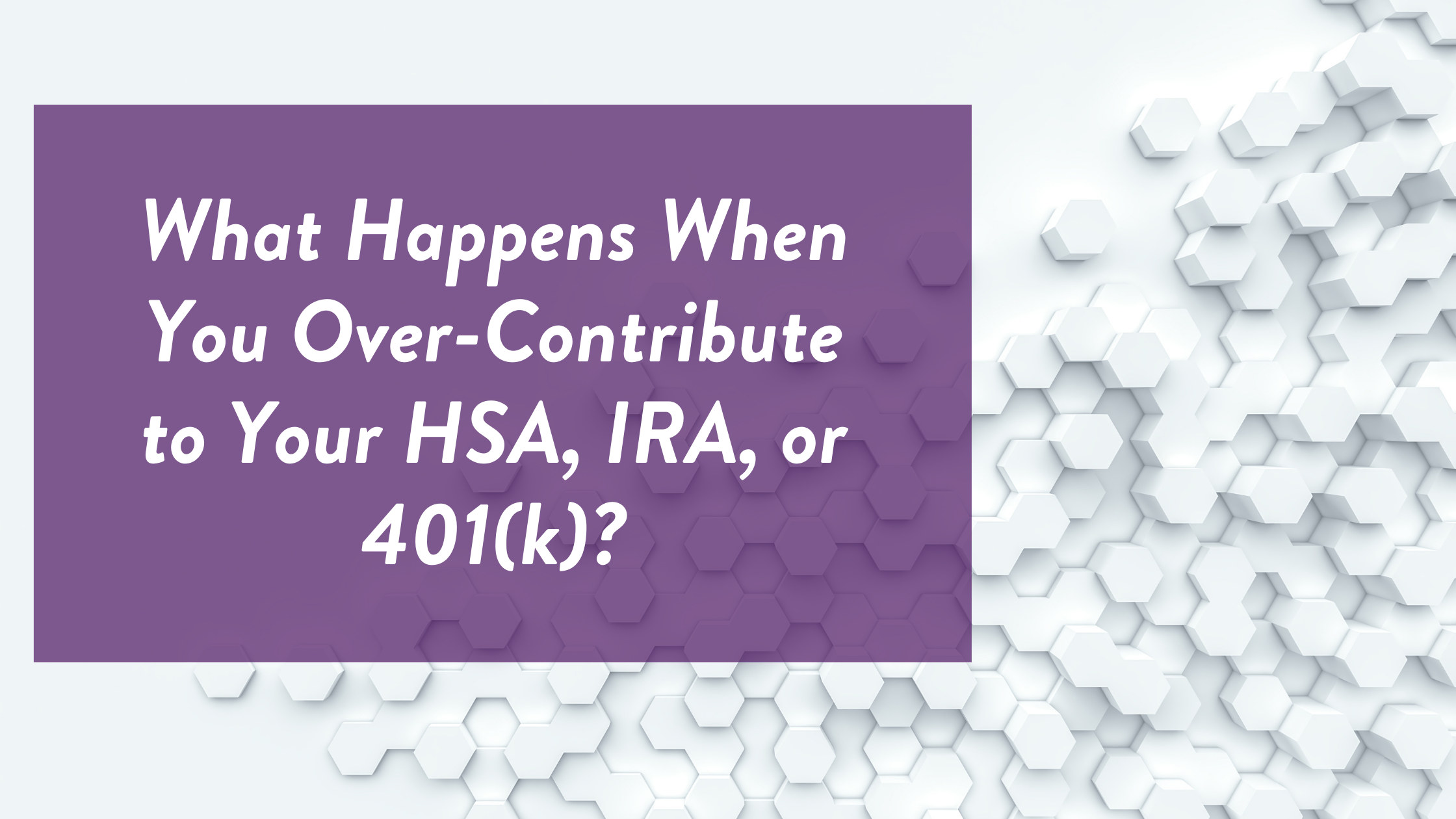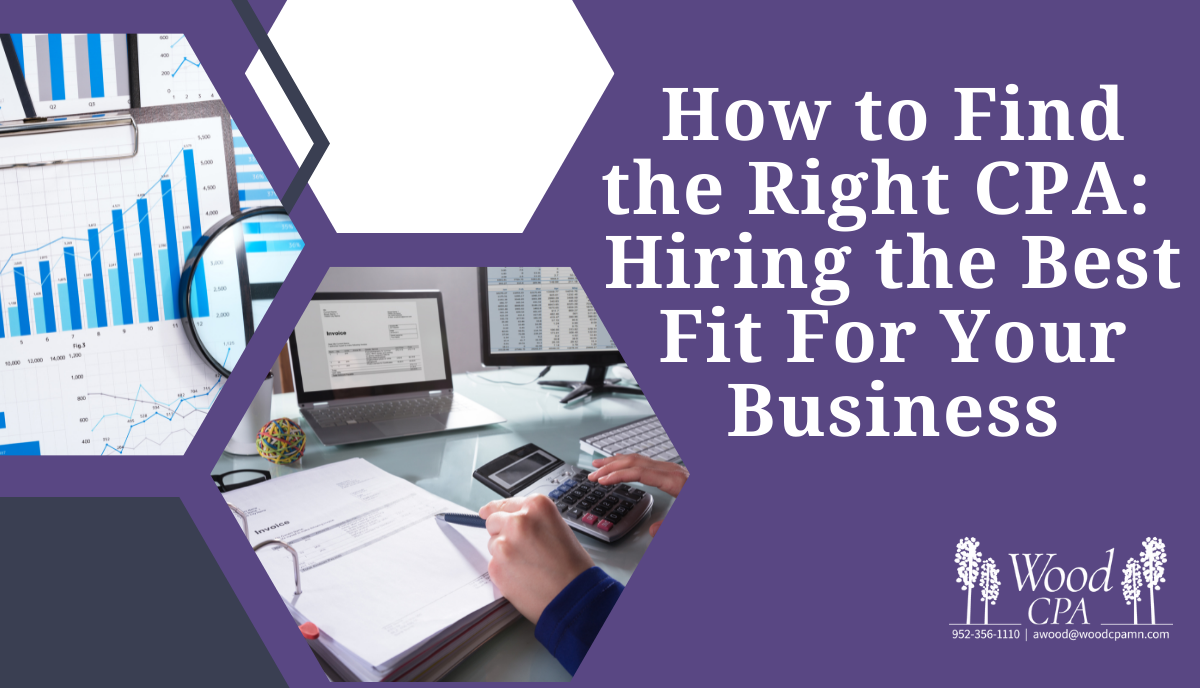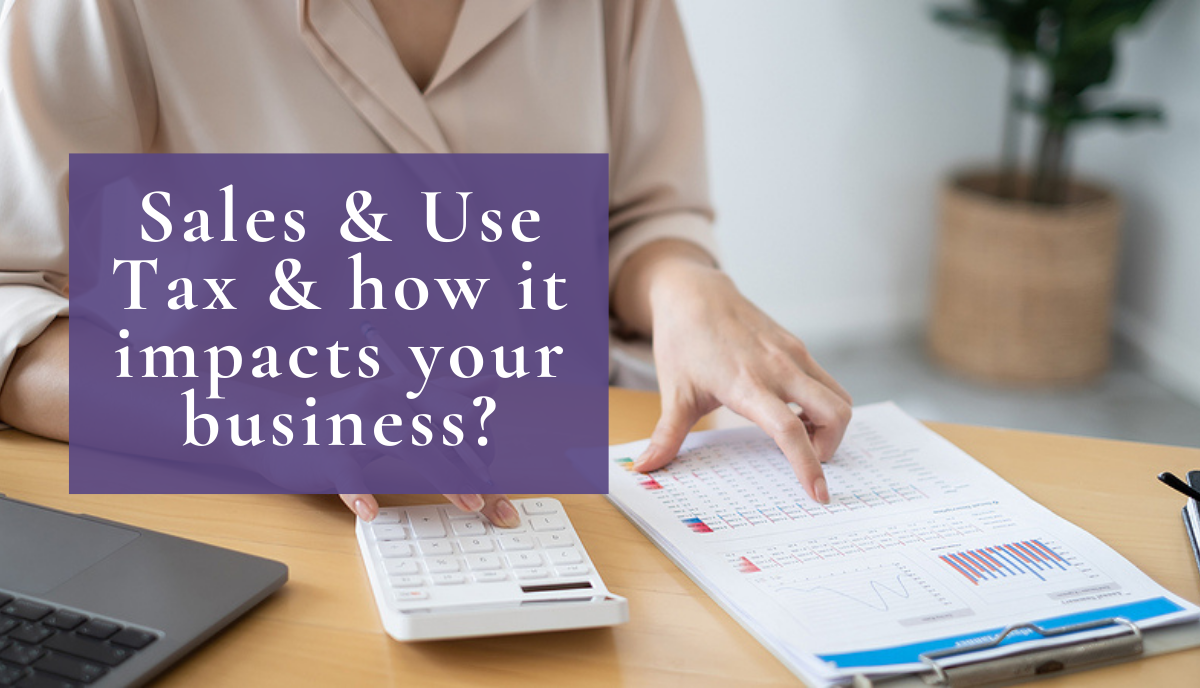
Your 1099 Form Questions Answered: What They Are, Who Should Get Them, and More
If you are a business who utilizes the services of independent contractors, freelancers, or other non-employees, 1099 forms are likely already on your radar. The same is true if you are one of those independent contractors or freelance workers.
But, as with many tax forms, 1099s can be confusing. Read on for answers to the most common 1099 form questions we hear.
What Is a 1099 Form?
1099 forms are used to report certain types of non-employment income to the IRS (in lieu of a W2 form, which is only sent to employees).
Some examples of those who would typically receive 1099 forms are freelancers, independent contractors, and people who receive cash dividends from stocks or interest income from a bank account.
Who Should Receive a 1099 Form?
1099s are typically sent to any individual payee who receives $600 or more during the year, but there are exceptions to that threshold. For instance, financial service providers must send 1099s to customers who earn $10 or more in interest income throughout the year.
Businesses who make payments that qualify as non-employment income are required to send copies of each 1099 to the payee and to the IRS.
Should 1099 Payees Fill Out W-4 Forms Like Employees?
While 1099 payees don’t need to fill out W-4s, they do need to fill out another form — the W-9.
Before a 1099 can be issued (and before the work is done or the service is provided) each payee needs to fill out Form W-9. This form is like the W-4 in that it is used to gather all of the information needed to pay the person correctly, including the person’s name, their business name (if applicable), their address, their tax ID number, and any tax exemption codes.
The W-9 also asks for what type of taxpayer the recipient is — this will help the business know which 1099 they will need to use.
Which 1099 Form Do I Need?
There are several types of 1099 forms — in fact, as of 2021, there are 20 versions! Each one relates to a different type of income. Here are a handful of those that are most commonly used:
1099-MISC. This form is generally issued for income that doesn’t fit into any of the other 1099 form categories. One example is money received from prizes or awards.
1099-NEC. As of the 2020 tax year, businesses are now required to report some types of non-employee compensation on this form. Form 1099-NEC must be filed when a non-employee is paid $600 or more during the tax year. This form is used to report fees paid to independent contractors or freelancers, as well as fees, benefits, commissions, or royalties paid to an individual. 1099-MISC was previously used for this purpose.
1099-INT. This form is sent to anyone earning more than $10 in interest during the tax year. Banks, brokerage firms, and other investment firms utilize this form.
1099-DIV. This 1099 is sent by corporations to taxpayers who earned dividend income from their stock or equity shares.
1099-G. Taxpayers who receive money from the federal, state, or local government — such as unemployment benefits or a local tax refund — will likely receive this form.
1099-Q. This form reports money a college student or their parent receives from a 529 plan. Earnings from 529 plans are generally not taxable as long as they’re used for qualified education expenses, so in most cases the 1099-Q is merely for record-keeping purposes.
1099-R. Taxpayers receiving distributions or payouts from a pension plan, retirement plan, or individual retirement account will receive this form. In addition, some annuities or life insurance contracts may issue 1099-Rs. Some retirement plans are tax-advantaged: in this case, the 1099-R will simply act as a record of the distribution.
1099-S. This form is used for certain real estate transactions. If a taxpayer has closed a sale or an exchange during the tax year, they will receive this form. Proceeds received from a real estate transaction may or may not be tax-exempt, depending on the taxpayer’s financial situation. If you aren’t sure if income from your real estate transaction is taxable, check with your CPA or tax advisor.
When Are 1099 Form Deadlines?
The deadline to mail 1099s to payees is usually January 31st. A copy of each 1099 form also needs to be sent to the IRS by the end of February. Some payers send both copies simultaneously, but others opt to wait a few weeks to send the copies to the IRS. This gives them time to make corrections if any errors are discovered.
If a payee doesn’t receive a 1099 they are expecting, they should contact the payer to request it. Note that even if a taxpayer doesn’t receive all of their 1099 forms, they still have to pay taxes on all income received during the tax year.
What Are the Penalties For Filing 1099 Forms Late?
If a business fails to file their 1099 forms on time, the IRS could charge them penalties of $50-270 per form, depending on how late they file. If a business intentionally disregards the requirement to furnish a 1099 form to a payee, it will be subject to a minimum penalty of $550 per form or 10% of the income reported on the form.
In addition, the IRS also charges penalties for filing incorrect returns (if no corrections are filed), failing to report a Taxpayer Identification Number (TIN), reporting an incorrect TIN, or failing to include all required information on the form.
What To Do When an Error Is Found?
If a payee finds an error on their 1099 form, they should contact the payer immediately to request a correction. If the payer hasn’t yet sent a copy to the IRS, it is an easy fix. If they have already sent the incorrect form to the IRS, they will need to send a corrected form.
When sending a corrected 1099 form, the payer should make sure to check the box on the form indicating it is correcting a prior 1099.
Do You Have Additional 1099 Form Questions?
If so, Contact Wood CPA. Whether you are a business who needs help determining which 1099 forms to send or an individual with questions about your 1099 income, we can help. We offer tax planning and tax preparation services for individuals, corporations, partnerships, trusts, and more.








